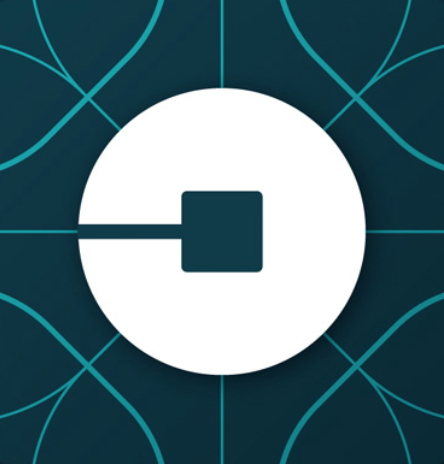Uber Required To Treat Drivers Like Employees, Give Them Benefits

Uber continues to deal with setbacks as it dominates in the disruption of the taxi industry worldwide. They’re currently appealing a ruling in the UK that would revoke their license to operate. It would be a huge setback, given how big a percentage of their overall business London represents.
Now, they’ve lost an appeal in the UK that may force them to treat their drivers as employees. It appears they have the right to appeal further. If they lose, they would be forced to pay drivers minimum wage, pay them for holidays and extend other benefits a typical UK employee would receive.
Are Uber Drivers Employees?
I’ll admit to being torn on this question. The singular act of providing your own vehicle doesn’t make them a contractor. Think about pizza delivery drivers here in the US. However, Uber drivers do set their own schedule. That’s typically (though not always) a good indication they’re an independent contractor. Uber drivers can work wherever they choose as well.
Uber does set their wages and provide other structure like an employer.
What If Uber drivers are employees?
A mandate that Uber drivers are employees would add significant complexity to their business model. They would likely need a sizable human resources department to tackle all the issues commensurate with an employee base that large. They might be required to offer health insurance in a dizzying number of jurisdictions, a process that’s hard to fully automate.
It’s likely those extra costs get passed on to customers. It’s not immediately clear how that would affect pricing, especially compared to traditional taxi cabs. Does a higher price for an Uber ride make some customers migrate to other transportation methods? Do more people return to taxi cabs and public transit?
Uber still controls a ton of the market. Rental car companies are getting more aggressive and a recent study might indicate a small drop in Uber’s share of the market. They’re not in danger of disappearing, but the future isn’t as clear as it once was. A double whammy of losing one of their largest markets and a potential forced change to their business model makes for some rough sailing.
The post Uber Required To Treat Drivers Like Employees, Give Them Benefits was published first on Pizza in Motion

I’m not familiar with UK law on the subject so won’t express an opinion on this specific case.
However I’ll point out that drivers use their own equipment and they bear risk of financial loss. They set their own hours. They can work for others at the same time. They compete with other drivers for the same rides (work). There’s no permanent relationship between driver and Uber. Drivers don’t supervise others.
The only *U.S.* factor for considering someone an employee vs independent contractor is that services must be performed personally [a driver isn’t supposed to just give their car and phone to someone else, though some do].
I guess I’d push back on your suggestion that “Uber does set their wages and provide other structure like an employer.” Uber sets rates of pay for work done, that’s different than setting wages, and is piecework is more in line with traditional independent contractor analysis. What’s the ‘structure’ that’s more like an employer that Uber provides?
Personally, I think they are ICs. I’ve read arguments that the hiring process, background checks, and personal standards required for Uber black (along with the vehicle requirements) could be construed as employer activities. However, I don’t agree with that argument. Plenty of IC positions require background checks.
I think it’s an interesting distinction you make about “rates” versus “wages”. I’ve been thinking of them as wages, but I think that’s a point I hadn’t considered.
For me, the fact that they can be logged in to multiple services at the same time, jumping from Uber to Lyft, for example in the span of twenty minutes, is a great indicator they’re an IC.
Also, I do wonder if the UK is more liberal on their interpretation of an employee versus contractor. I sure think I know the answer in a country like Greece or Italy!
In my opinion they are contractors. A company hires employees, interviews them, posts the job, they compete against other candidates for the best talent.
An Uber drive just signs up and drives (assuming meeting very minimum standards). There was no hiring process.
Jason, I do agree that they’re ICs. But, Uber does have a process that’s more rigorous than just signing up. Between background checks and car standards, it’s not as simple as checking a box.
Should also point out they are not free to accept or reject rides — they can reject one or two but any more than that and they get taken offline.